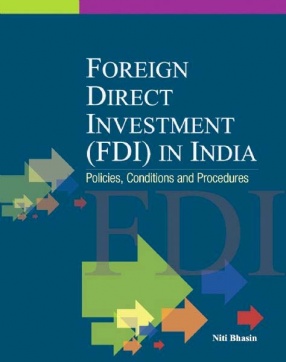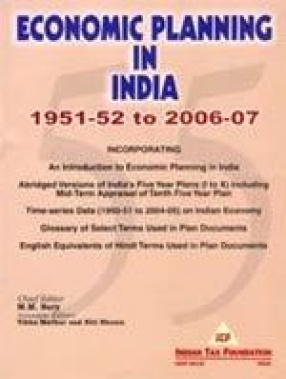Foreign Direct Investment (FDI) in India: Policies, Conditions and Procedures
Foreign investment is a strategic instrument of development policy. It plays an important role in the long-term economic development of a country by augmenting availability of capital, enhancing competitiveness of the domestic economy through transfer of technology, strengthening infrastructure, raising productivity, generating new employment opportunities, and boosting exports. In the wake of the economic liberalization policy that was initiated in 1991, the government of India has taken several measures to encourage foreign investment in almost all sectors of the economy. However, the emphasis has been on foreign direct investment (FDI) inflows in the development of infrastructure, technological upgrade of industry, and the setting up of special economic zones. With a vast reservoir of skilled and cost-effective manpower, India is now recognized as one of the most attractive investment destinations by reputed international rating organizations. Under the current policy regime, there are three broad entry options for foreign direct investors: (a) in a few sectors, FDI is not permitted (negative list); (b) in another small category of sectors, foreign investment is permitted only until a specified level of foreign equity participation; and (c) in all other sectors, foreign investment up to 100 % of equity participation is allowed. The third category has two subsets - one consisting of sectors where automatic approval is granted for FDI (often foreign equity participation less than 100 %), and the other consisting of sectors where prior approval from the Foreign Investment Approval Board (FIPB) is required. This book deals with many aspects of FDI in India, focussing on current policies, conditions, and procedures for FDI inflows into India.
Get it now and save 10%
BECOME A MEMBER











Bibliographic information